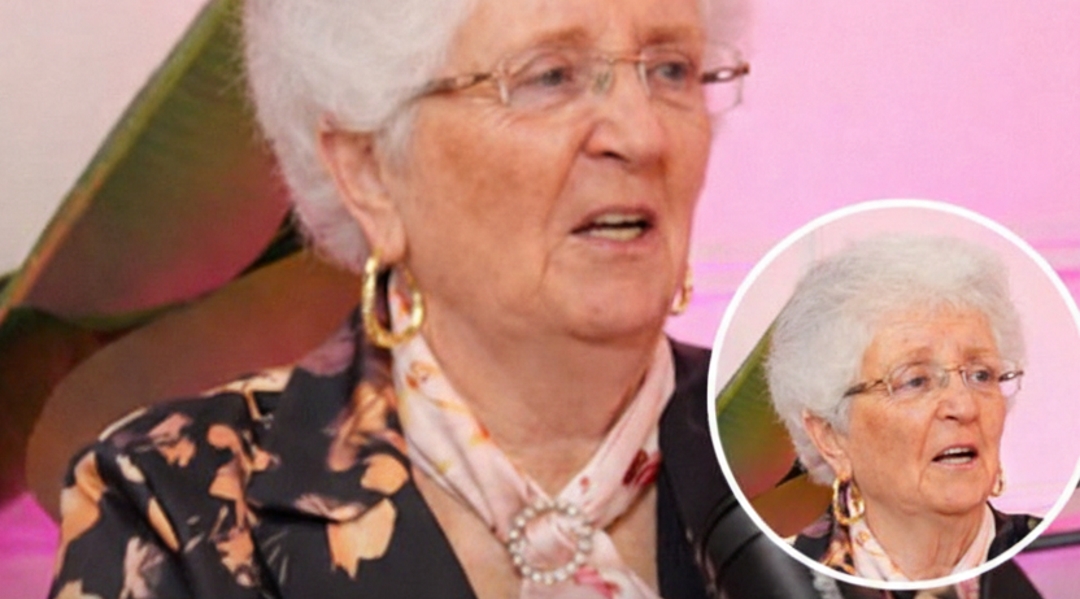Two women in different states have died within weeks of each other after being denied or delayed critical care during miscarriages, in what doctors are calling preventable tragedies that never should have happened. Both mothers were forced to wait as medical staff hesitated to act, citing fear of breaking restrictive abortion laws. Their families say the women’s deaths are a direct result of political decisions that left hospitals frozen in fear — and left their loved ones to die in agony.
The first case, reported in a harrowing New York Times investigation, involved 29-year-old Erica James, a mother of two from Texas. James began miscarrying at home and was rushed to the emergency room, where doctors confirmed the fetus was no longer viable. But instead of providing immediate treatment, staff made her wait for hours until her condition deteriorated. By the time she was finally given the care she needed, she had developed sepsis. She died two days later in the ICU, her family holding her hand.

“She didn’t have to die. They knew the pregnancy wasn’t viable. They made her wait until her body gave up,” said Erica’s sister. 💔— Women’s Rights Watch (@WRightsWatch) August 25, 2025
The second tragedy unfolded in Oklahoma. According to reporting by The Guardian, 34-year-old Laura Mendoza, who was already a mother to a 5-year-old, suffered heavy bleeding during a miscarriage. Paramedics rushed her to a local hospital, but doctors there reportedly debated what procedures were legally permitted before intervening. By the time action was taken, it was too late. Mendoza bled to death, leaving behind a devastated family who say she begged for help as medical staff stalled.
In both cases, hospital administrators pointed to “legal uncertainty” around abortion bans and miscarriage care. One doctor involved admitted privately to CNN that “everyone in that room knew what needed to be done medically, but no one wanted to be the one accused of breaking the law.” Medical experts warn this chilling effect is spreading across the country, putting lives at risk whenever pregnancies end in crisis.
Doctors say abortion bans are causing “dangerous hesitation” in emergency rooms. “Women are dying as a result.”— Health Equity Now (@HealthEquityNow) August 25, 2025
Grieving families have been outspoken. Erica James’s husband told reporters that he watched helplessly as his wife lay in agony while doctors stalled. “They kept telling us they needed to wait until she was in more danger,” he said, his voice breaking. Laura Mendoza’s mother echoed the pain, telling NBC News that her daughter cried out for help for hours. “She kept saying, ‘Please don’t let me die.’ And they let her die anyway.”

The outrage has sparked protests outside hospitals and state capitols. Advocates say these deaths highlight the deadly consequences of policies that treat miscarriage care as a legal minefield. “This is not theoretical anymore,” one activist told Reuters. “These are real women, real families, and real funerals.”
Outside the hospital, protesters held signs reading “Her blood is on your hands” after news broke of another miscarriage death. 🕯️— Justice for Mothers (@JusticeForMoms) August 25, 2025
Legal scholars note that under federal law, hospitals are required to stabilize patients in emergencies — but in practice, state-level abortion restrictions have created confusion and fear. Doctors who fail to comply with abortion bans face possible prison time, fines, or loss of their medical licenses. As The Washington Post explained, this has left many physicians paralyzed, caught between their oath to save lives and laws that punish them for acting too soon.
For women like Erica and Laura, that hesitation proved fatal. Both mothers had children at home waiting for them — children who will now grow up without their mothers because of a system that forced doctors to watch them die. Neighbors and friends have described the anger in their communities as “unlike anything we’ve ever seen.” Vigils continue in both states, with candles lined up along courthouse steps and mourners calling for lawmakers to “stop playing politics with women’s lives.”
“How many more funerals before lawmakers realize their bans are killing people?” one protester shouted through tears. — Women United (@WomenUnited) August 25, 2025
Both families have announced plans to pursue lawsuits against the hospitals, citing wrongful death and negligence. Civil rights attorneys say the cases could become landmark challenges, testing whether abortion bans can be held responsible for preventable deaths caused by medical inaction. Meanwhile, national organizations are demanding federal intervention, arguing that no state law should override the basic human right to life-saving care.
As the debate rages, the haunting reality remains: two young mothers are dead, and their children are left with questions no one should ever have to answer. For their families, the grief is compounded by the knowledge that these deaths did not have to happen. As Erica James’s sister put it, standing outside her funeral service: “She didn’t die because of nature. She died because people were too afraid to save her.”






